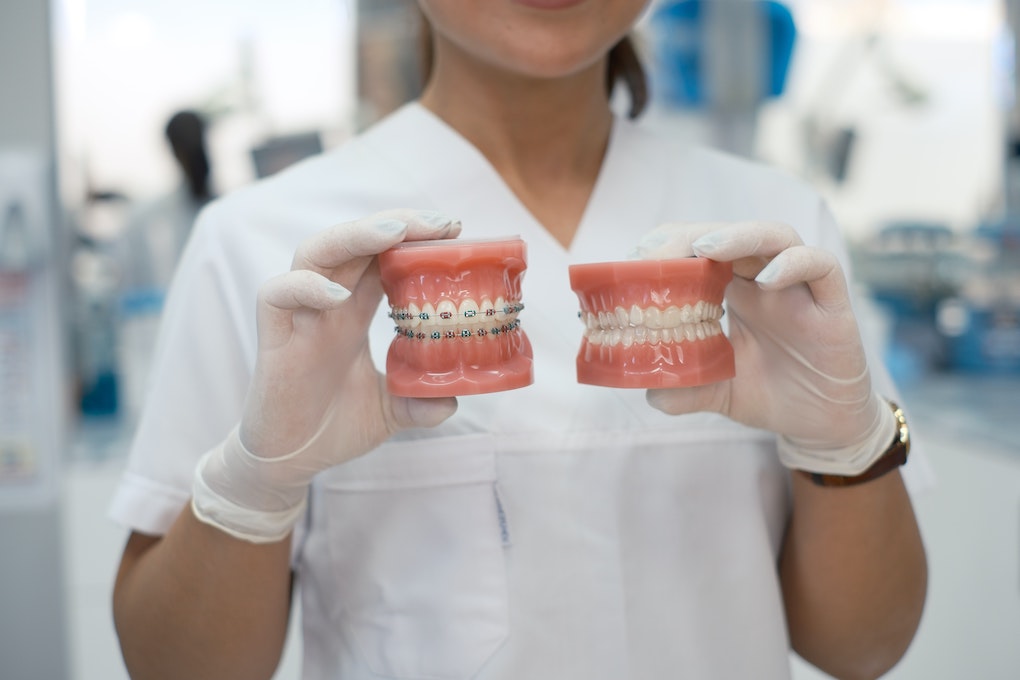
April 24, 2023
Why Working with a DSO Is Mutually Beneficial

As with any sale, you’ll only want to transition ownership of your dental practice to a person or dental service organization (DSO) with whom you trust and share the same core values. Even if you’re looking to retire, chances are you will still be dealing with them regularly — not to mention you’ll want to keep the best interests of your staff and patients in mind. Here is why working with a DSO can be mutually beneficial to you and the new owner of your dental practice.
How it works
Since the owner of a DSO and its staff report to different authorities, it could present a parallelism of power. There is a higher chain of command that exists in the world of DSOs that is absent in a small business in which employees report directly to the owner who handles both clinical and administrative operations. While this puts a strain on the ease of hiring and firing at will, it also helps to alleviate the stress of the managerial responsibilities that accompany running a business on behalf of the owner.
How to handle it
Any transaction has the potential to go south, which is why you’ll want to work with a dental practice broker to act as a fiduciary between both parties. Rather than waiting to see how the corporate channel unfolds, a broker with experience working with DSOs can foresee all the nuances that present themselves upfront so you can decide if the relationship will be mutually beneficial in the long run. After all, no matter the type of transition of ownership you choose, you’ll want someone to walk you through the process so you can focus on keeping up your numbers and communicating with your staff and patients when the timing is right.
What’s next?
Just as there are good dental practice owners and bad ones, there are all types of buyers out there, too, and DSOs have wrongfully gotten a bad name. Don’t go it alone. Contact the experts at Professional Transition Strategies to find a future for you and your business that is beneficial and profitable.